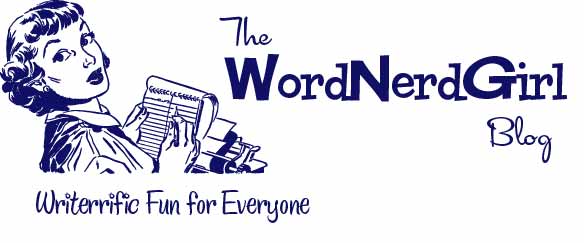;Semicolons
Semicolons are like Joan Holloway in Mad Men; a sexy wink and a smile, semicolons got it goin' on – with the curve down there, stacked with the dot up there. When you see a semicolon in a sentence, if used the right way, you know that it must have something smart to say. Semicolons make sense out of large, messy sentences, usually created by misguided, scatterbrained commas. They're also a smart way to link two independent clauses -- sentences that can stay separated, but are always so much better when they hook up. You don't notice semicolons because they are flashy and overused, like the exclamation point! (Exclamation points are the Snooki of punctuation.) They don't demand attention; they command it. Semicolons know what you want to say and, if used correctly, help you say it with style and class.
If semicolons are the Joan Holloway, commas are the secretarial pool. They're everywhere and used frequently. When they're where they're expected to be in a sentence, no one really notices. But when they don't show up, or show up at the wrong time, it causes big problems. They're overworked and, for everything they do, they're underappreciated. They're expected to set off dependent clauses, clarify parentheticals, support conjunctions and quotations, separate adjectives... and that's only a small sample of the demands placed on them. Like a drunk secretary steering a lawn mower through the office, they can cause real damage to your writing. And, if in the wrong place at the wrong time, they create the kind of chaos that breaks apart subject-verb relationships.
...Ellipses
Ellipses are those three periods in a row that trail off a sentence, or appear in the middle of quotes. Ellipses always leave you wondering, "What was left out? What aren't they saying?" Ellipses are the Don Draper: they only like the beginnings of things. Sometimes, the ellipses is there to indicate that something was purposely omitted. It can also be used to let the reader to draw their own conclusions. You're following along with the sentence's thought when... what? Whether out of necessity or choice, when you use an ellipses, its presence almost always has an air of mystery.
.Periods
Periods are the Burt Cooper, the president and patriarch of punctuation. All other punctuation marks work in service of the period. In very long sentences, periods rely on the employ of the other marks to keep things running smoothly. If they do their jobs right, the sentence works and makes the period look good. If they don't, you can wind up with a confusing, run-on sentence that leaves you wondering why the period didn't show up sooner. When you see a period, no matter how odd or strange the sentence may be, the discussion has closed and the final word has been spoken.
...Ellipses
Ellipses are those three periods in a row that trail off a sentence, or appear in the middle of quotes. Ellipses always leave you wondering, "What was left out? What aren't they saying?" Ellipses are the Don Draper: they only like the beginnings of things. Sometimes, the ellipses is there to indicate that something was purposely omitted. It can also be used to let the reader to draw their own conclusions. You're following along with the sentence's thought when... what? Whether out of necessity or choice, when you use an ellipses, its presence almost always has an air of mystery.
.Periods
Periods are the Burt Cooper, the president and patriarch of punctuation. All other punctuation marks work in service of the period. In very long sentences, periods rely on the employ of the other marks to keep things running smoothly. If they do their jobs right, the sentence works and makes the period look good. If they don't, you can wind up with a confusing, run-on sentence that leaves you wondering why the period didn't show up sooner. When you see a period, no matter how odd or strange the sentence may be, the discussion has closed and the final word has been spoken.










